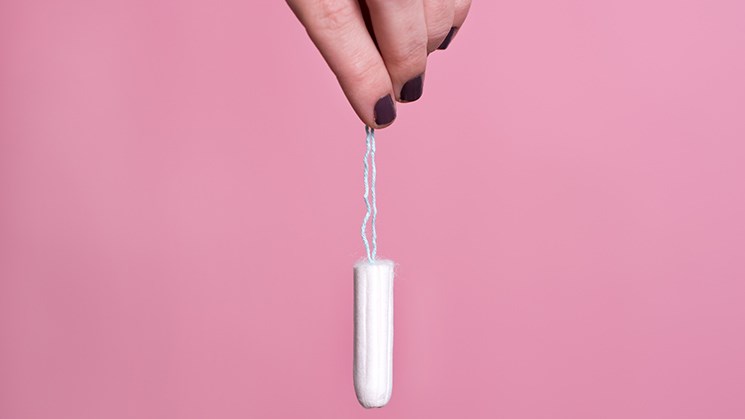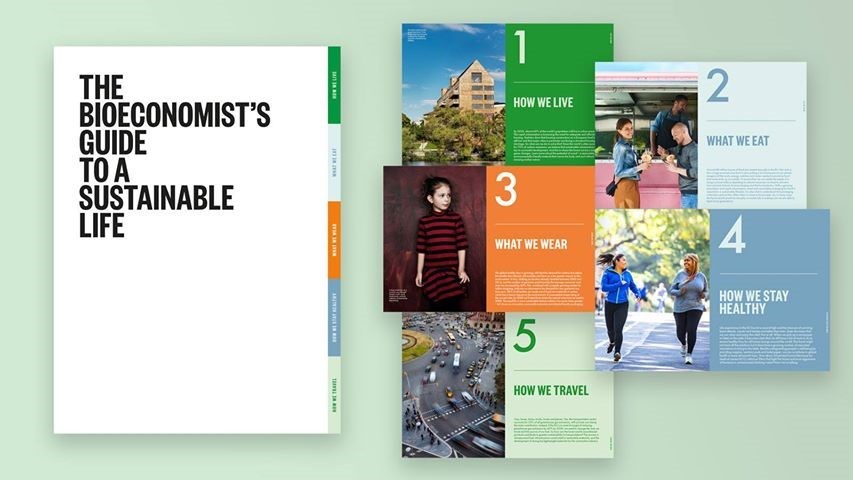
Toilet paper, nappies, sanitary pads and tampons are still a luxury today for many people around the world.
A key role
Besides helping people manage their personal hygiene in a safe way and with dignity, these forest-based products play a key role in democracy development and the fight against poverty.
88 % of all woman risk infections
According to Water Aid, more than a billion women today do not have access to a toilet during menstruation. And 88% of all women lack sanitary pads, using other unhygienic alternatives such as rags, leaves or grass, thereby increasing the risk of infection.
Inadequate sanitation and poor knowledge about menstruation as well as the stigma it carries, all give rise to absenteeism from school and prevent women from fully integrating into society. In the long run this contributes to greater poverty and inequality as well as a lack of democratic development.

Ridhi Tariyal, co-founder of NextGenJane, a company that has developed a smart system that enables women to monitor their health by analyzing data from tampons.
Tampoons to keep track on health
In the US, where access to menstrual protection has long been a matter of course, entrepreneur Ridhi Tariyal came up with the idea of using the tampon as a tool for women to monitor their health.
Many women visit a gynecologist once a year or when they have a problem, and only then do they detect if they have STDs, iron deficiency, cell changes, endometriosis or other conditions. Instead of disposing of the tampon, it is packaged and shipped to a lab for analysis. This is an easy way for women to keep track of their health each month and stay on top of any disorders.
